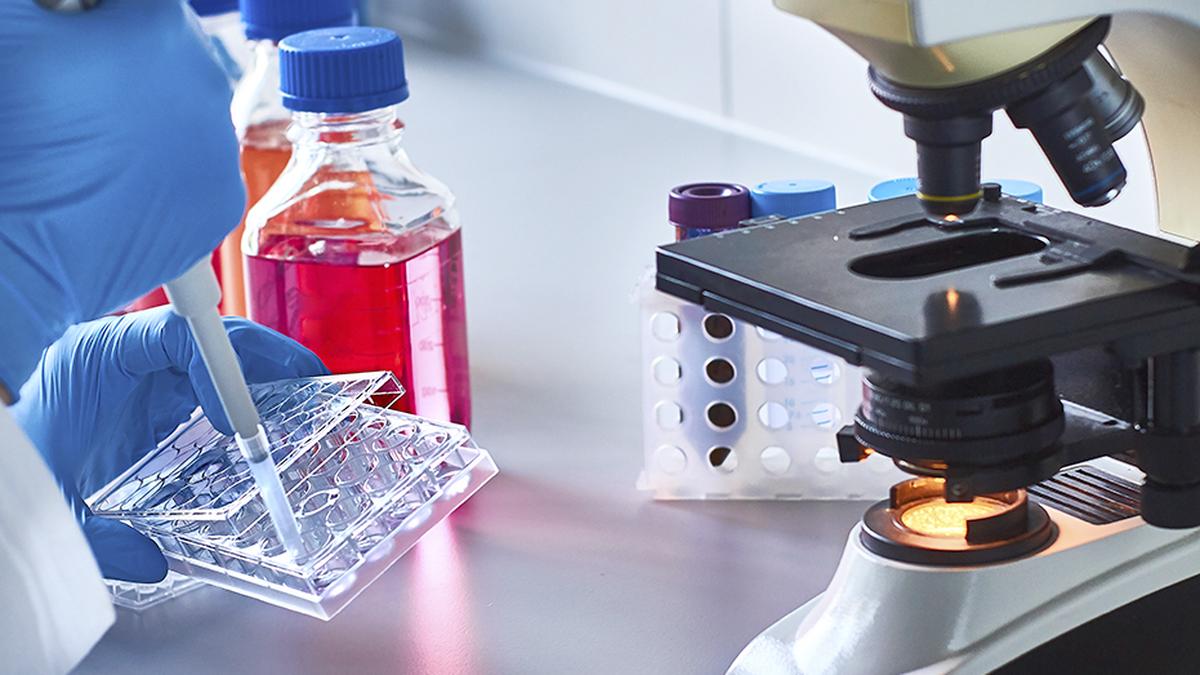
IIT Madras launches public access cancer genome database to help cancer research, drug discovery, in India
The Hindu
IIT Madras launches cancer genome database to transform cancer research in India, aiming to identify biomarkers and personalized treatments.
A cancer genome database that aims to decode the genomic landscape of cancers prevalent in India was recently launched in Chennai. A first-of-its-kind database, this was developed by the Indian Institute of Technology Madras (IIT-M) and aims to transform cancer research in the country.
In a recent report of the National Cancer Registry Programme, the Indian Council of Medical Research (ICMR) indicated that one in every nine people in India is likely to develop cancer in their lifetime. Currently, 14,16,427 persons are living with cancer. According to the registry there has been a 12.8% increase in cancer incidence every year since 2022.
Despite a high cancer incidence, the country is underrepresented in global genome studies, say researchers. Efforts were not made to capture and catalogue the specific genetic variants of Indian cancers for want of genomic architecture of cancers prevalent in the country. As a result, there have been little efforts to develop diagnostic kits and or drugs.
IIT Madras’ National Cancer Tissue Biobank launched the cancer genome programme in 2020 to fill the gap in genomic landscape for various cancers. The tissue biobank, a joint initiative of the Department of Science and Technology of the Union government, is a non-profit community-based facility in the institute’s biotechnology department.
The biobank collects cancer tissue samples with consent from cancer patients along with information about previous medical history. The samples and information are provided to researchers to facilitate cancer research and thus improve cancer diagnosis and treatment.
A total of 960 whole exome sequencing from 480 breast cancer patient tissue samples were collected from across the country and completed for the genome atlas.

The Opposition Aam Aadmi Party (AAP) on Tuesday asked the Bharatiya Janata Party (BJP) whether it would fulfil the poll promise of providing free LPG cylinders to women on Holi. Hitting back, the ruling party asked AAP why had it not kept its word on disbursing ₹1,000 to women for which it had allocated ₹2,000 crore in the 2024-25 budget. Meanwhile, Delhi government sources said officials are preparing a blueprint of the proposal and that the criteria for the beneficiaries is yet to be decided. The BJP had promised to provide LPG cylinders for ₹500 to women from poor families and one free cylinder each on Holi and Deepavali ahead of the February 5 Assembly election.












